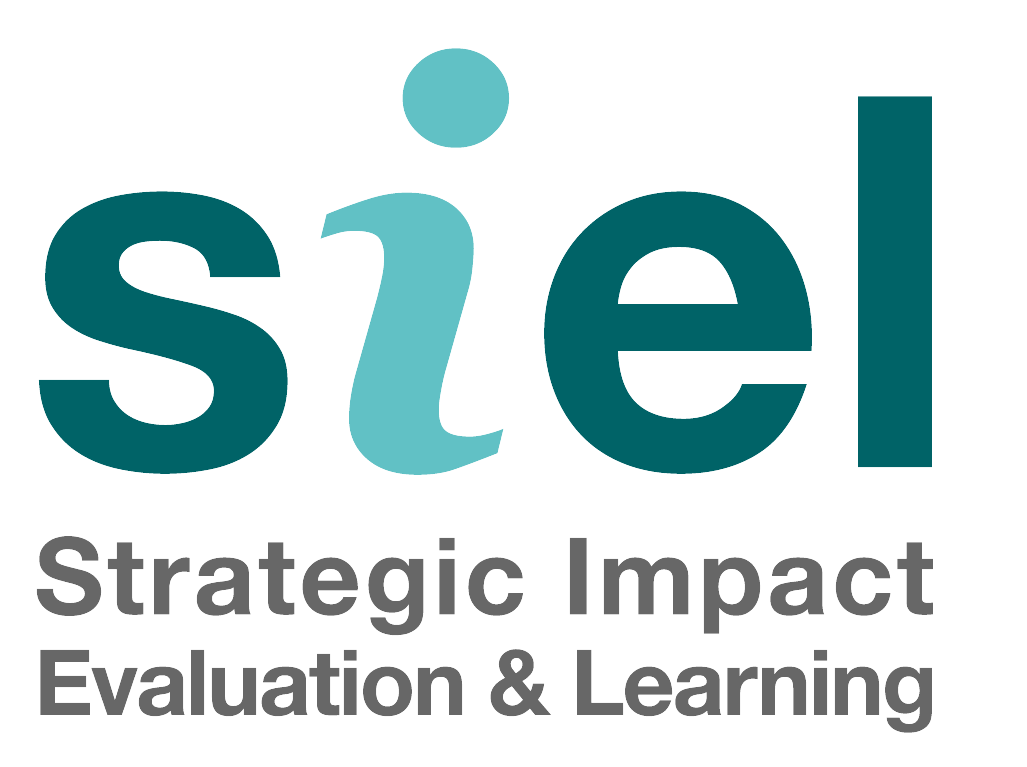UK Foreign, Commonwealth and Development Office Launches Strategic Impact Evaluation and Learning Programme

On November 4, 2024, the UK Foreign, Commonwealth & Development Office (FCDO) launched the Strategic Impact Evaluation and Learning (SIEL) programme, a major new initiative aimed at embedding rigorous evidence into development and foreign policy decisions. The launch event featured Abdul Latif Jameel Poverty Action Lab (J-PAL) co-founder and Nobel laureate Esther Duflo, FCDO Chief Economist Adnan Khan, and FCDO Chief Scientist Charlotte Watts, in a discussion on the essential role of evidence in policy making.
The SIEL program is a six-year partnership led by FCDO's Evaluation Unit in collaboration with Innovations for Poverty Action (IPA) and J-PAL. SIEL aims to enhance the effectiveness and value for money of FCDO programmes by supporting the generation and use of rigorous impact evaluations, which will inform programme design and help improve lives of people reached by FCDO programmes worldwide. As FCDO’s Adnan Khan emphasised, ”In development, we are always at risk of optimism bias and using resources ineffectively. Designing and implementing policies is difficult, but pouring water into a leaky bucket will not solve the problem. We need to integrate evaluative thinking throughout policy design, implementation, and updates—only then can evidence be effective.”
SIEL will fund rigorous impact evaluations, including randomised controlled trials (RCTs), long-term follow-up studies, nimble evaluations, and pilot studies across FCDO-funded programmes and policies around four strategic priority areas: Growth, humanitarian assistance, climate and nature, and conflict and fragility.
SIEL is committed to ensuring that the insights gained from its evaluations are shared widely and actively integrated into FCDO’s and its partners' policy and programme decisions. Through capacity-strengthening activities and targeted dissemination strategies, SIEL will ensure that key findings reach the right people at the right time, maximising impact on the ground, as well as contributing to the global knowledge base. As FCDO’s Charlotte Watts stated, “SIEL is here to bridge gaps in evidence, bringing a multidimensional approach to evaluation that reflects today’s global challenges.”
Reflecting on the partnership between FCDO, IPA, and J-PAL in SIEL, Esther Duflo commented on the long-term commitment required for meaningful impact, noting, “Evidence and generating impact is a marathon, not a sprint. It is a process that requires collaboration between those who generate evidence, those who use it, and those who commission it.”
With SIEL, FCDO reaffirms its dedication to fostering a culture where evidence is not only valued but serves as a foundation for effective, accountable policy and programme design.
For more information on the SIEL programme, please visit poverty-action.org/siel or reach out to the team via siel@poverty-action.org.











